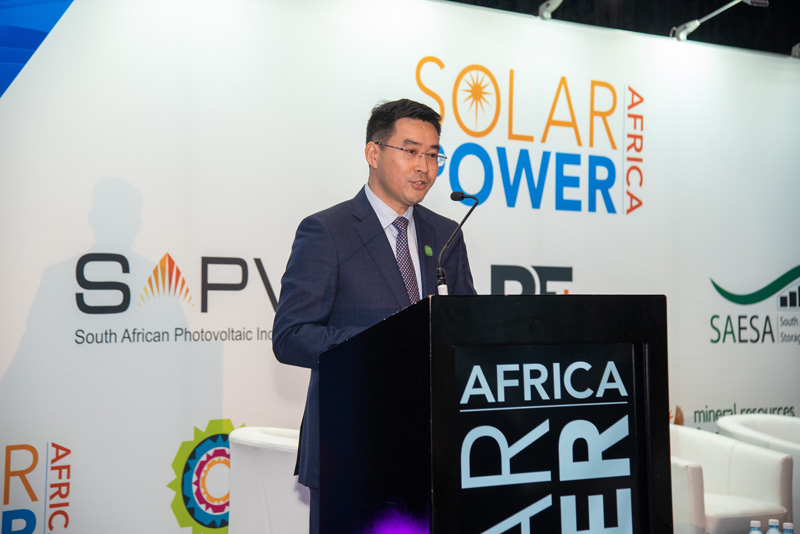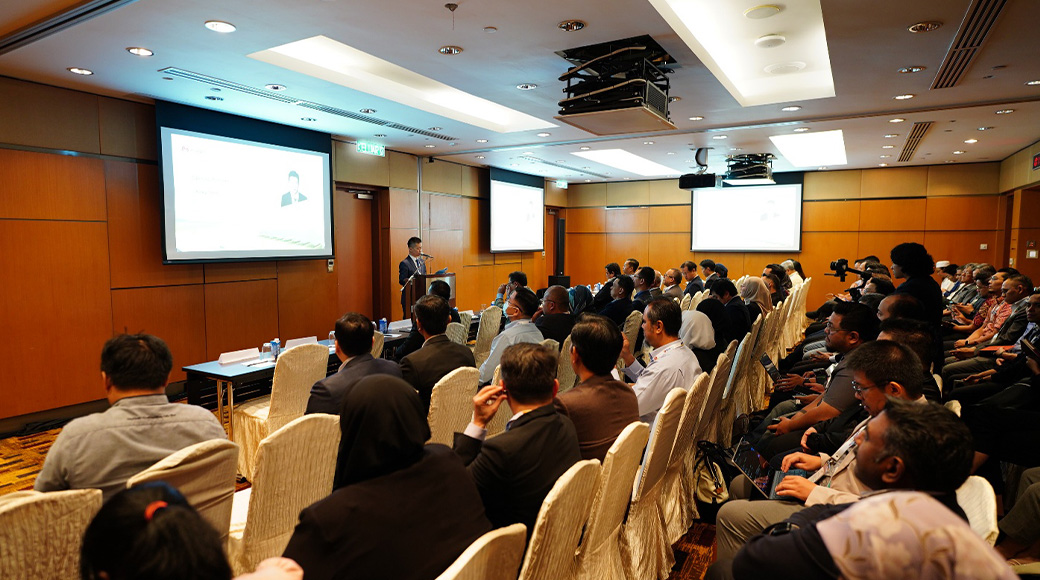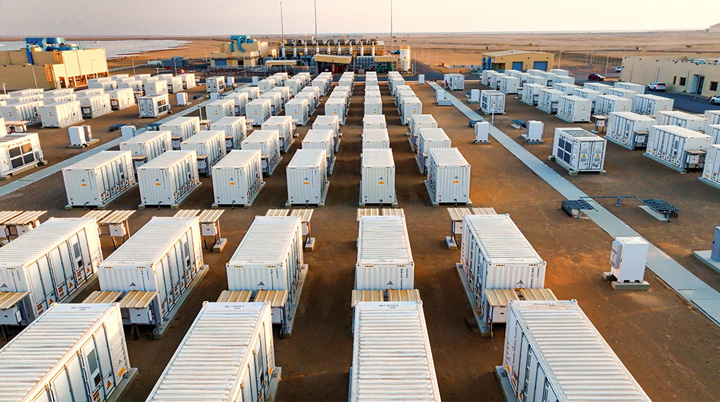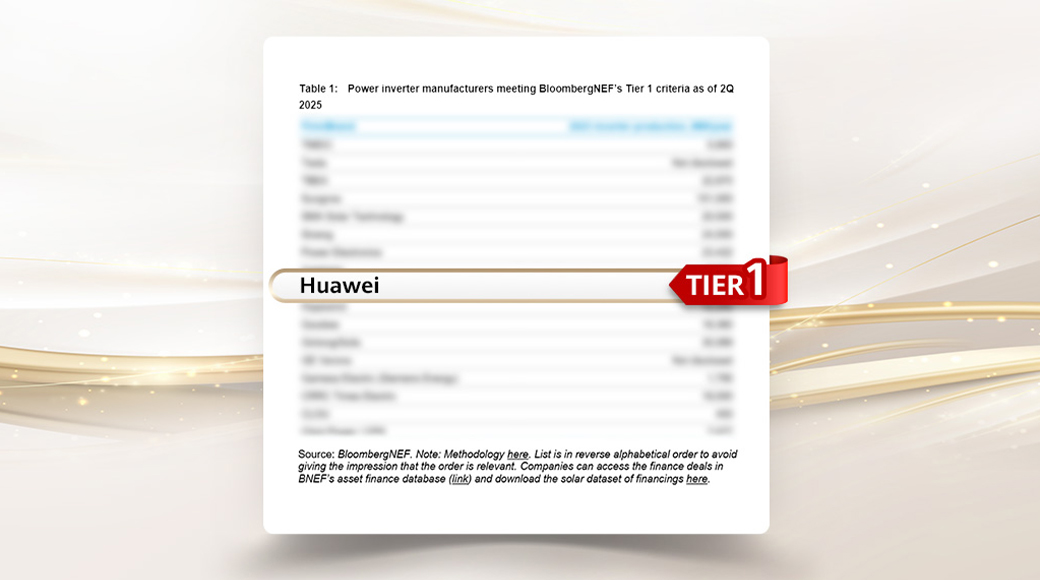[Cape Town, South Africa, 8 Feb, 2023] Huawei today demonstrated its commitment to Africa's energy transition, while also showcasing the full range of its latest solar PV and green home and business solutions, at the Solar Power Africa Conference, currently underway in Cape Town, South Africa.

In his keynote address to the conference attendees, Xia Hesheng, President of Huawei Sub-Saharan Africa Digital Power Business, pointed out that “Carbon Neutrality” has become a global consensus. Low carbonisation, digitalisation and intelligence will definitely be a deterministic trend in the next 30 or 40 years. However, digitalisation and intelligence are all supported by computing power that consumes a huge amount of electricity, which is now driving the urgency for the development of clean energy. And, solar as the main renewable energy, driven by three key factors; low carbon, digitalisation and intelligence, is growing rapidly. Renewable energy will therefore become the main energy resource.
Hesheng expanded that Africa urgently needs solar energy to address its energy shortage challenges. “Worsening load shedding and rising energy costs are seriously impacting our lives, productivity, and ability to engage meaningfully in economic activity,” he said.
“Huawei believes that what it calls “4T” Technologies, will drive the development of Africa's renewable energy: watT, heaT, baTtery and biT. Over its 25 years of operating in Sub Sahran Africa, Huawei has a deep understanding of the region’s energy and technology requirements. We are committed to utilise Huawei's digital power energy technologies to build a better Africa and bring clean energy to more people, families, and organisations,” continued Hesheng.
Huawei called on every organisation to take action to transform from energy consumers to energy producers.
Xia illustrated how Huawei itself is doing so, using two examples from its work in South Africa. The first is Huawei's Johannesburg campus, where all 18 buildings and parking garages are covered with solar panels, supporting a solar system which provides 1500KWh/day. Another example, is the Waterkloof Winery in Cape Town, where Huawei has worked with a local partner, to provide a clean energy solution. A cluster of solar panels on the winery's roof generates 1100KWh/Day of green electricity to the winery.
Mr. John van Zuylen pointed out that, as the demand for solar energy grows in South Africa and elsewhere across the continent, the sector is experiencing a shortage of skilled workers. “AFSIA welcomes Huawei's talent development program, and looks forward to cooperating with Huawei to share new skills with solar technicians across the continent over the next 12 months”, said van Zuylen.
“We are happy to see that more enterprises, organisations, and families are actively taking action to change from pure energy consumers to energy producers. We want to use this occasion to call on more stakeholders to join us in this great transformation, let's use our abundant natural resource, sunshine, to address today's energy challenges, and in so doing, contribute to a carbon neutral future,” concluded Hesheng.
Together, from Energy Consumers to Energy Producers, we can build a green Africa.








